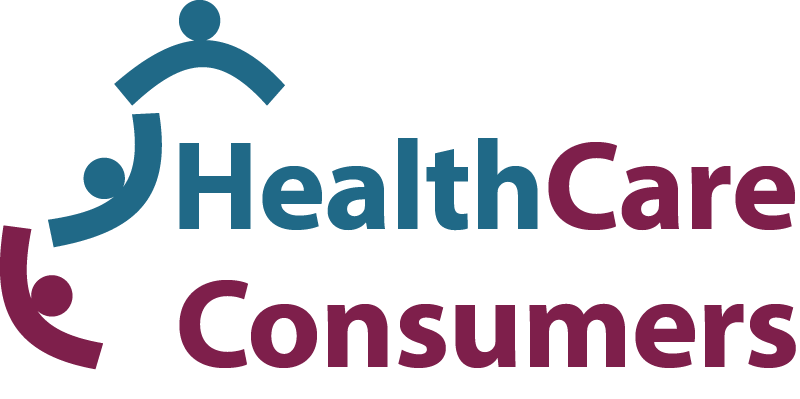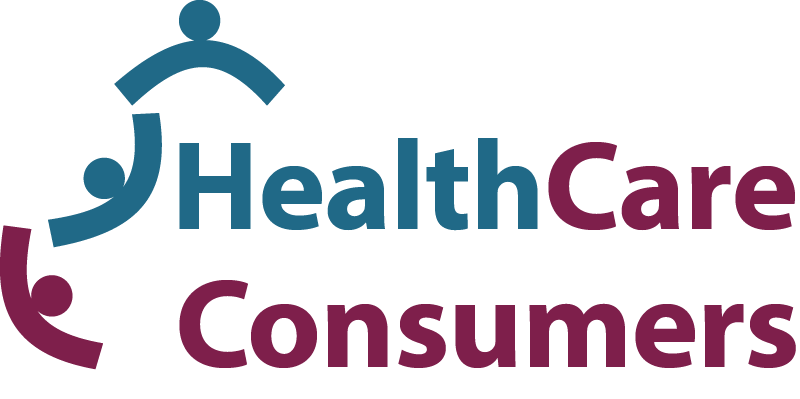Publications
Inclusive Regulation – What Does That Mean? by Darlene Cox
12 May 2021
This is the speech that Darlene Cox made at the Australian Health Practitioner Regulation Agency (Ahpra) National Combined Meeting on 15 March 2021.
Every year Ahpra holds a national meeting to discuss the challenges and responsibilities in health practitioner regulation and encourages cross professional learning, through sharing ideas, innovations and networking to better understand and respond to our wider regulatory environment. This year the meeting had over 400 participants. This included chairs and members of the National Boards, state board chairs and members of committees, the Agency Management Committee, Ahpra senior staff, representatives of accrediting agencies, government workforce officials, New Zealnd regulatory partners, and NSW health professional councils.
Darlene spoke in session called ‘What does it mean to be a truly accessible regulator?’
Thanks for inviting me to speak today I’d like to pay my respects to the first peoples of Australia. I’m speaking today from Ngunnawal land.
‘Inclusive regulation’ is a really big topic partly because it involves two words that people have different understandings of what they mean.
Let’s start with regulation.
Regulation is about laws and rules and enforcement. In this case it’s rules and directives made through the national law, the Boards and Ahpra.
Consumers and carers have different degrees of awareness and understanding of the rules that shape our health system. Most do not know about the national scheme and the role of Ahpra and the Boards.
I was on the Ahpra Community Reference Group for nearly eight years and finished at the end of 2020. When I joined the group I had a general sense of what regulation meant for health practitioners particularly. The national scheme was still new. Over the years my knowledge and understanding has grown but it is still an enormous and highly technical system to come to terms with. It is bureaucratic and is about lots of technical words and abstract concepts. Most consumers and carers do not know about Ahpra or the regulatory framework in the national law.
We need to remember how much we know about this compared with the level of understanding of the communities we are working with to keep safe in the health system.
When I think of the term ‘inclusive’ I focus on making sure that no people or groups are excluded from participating.
There are a number of groups who regularly miss out. This includes people with disabilities and transgender and gender diverse people.
In preparing for this I spoke with a few friends who are respected consumer advocates. These people are leading advocates for transgender rights and people with disabilities. I wanted to share some of their perspectives. I cannot speak for them but as an ally I can use this opportunity to raise some issues we need to address if Ahpra is to be a truly inclusive regulator.
For many transgender people there is limited support and limited choice of health practitioner. There may be no other option for them to see another health practitioner or to access other services.
This becomes a challenge when those services are not meeting their needs and when they are so reliant on a small number of providers.
My friend said that “for many parents with trans children they often have to navigate a range of hurdles to seek suitable support. This can also include accepting less than favourable attitudes from professionals to access treatment for their children for fear of being turned away”.And they also said – “how can you raise or make a complaint with a health professional when you already very much feel that they’re doing you a favour by seeing you”
How can they speak out, how can they identify areas of concern in this situation? That does not seem fair.
We also hear this from consumers and carers in regional areas.
Many transgender people already have very little trust in the complaints mechanisms and partly this is because there appears to be such little understanding and importance attached to the issues that they may raise. Their complaints can be minimised and dismissed as not being serious. For example, using the wrong pronouns and misgendering someone, or deadnaming someone. By deadnaming I mean using the name given to someone at birth or another former name without their consent. (i.e. a name that is “dead”).
These microaggressions can be dismissed out of hand by many but they are cumulative and it leads to people not trusting the system, not feeling heard or feeling valued.
And of course this applies not only to consumers and carers but for health practitioners themselves who are transgender or non-binary.
We need to make sure our record keeping systems are right and meet this need. Records need to reflect the identity of the person.
There also needs to be adequate handover between people. It places significant pressure on people when they have to constantly disclose, or challenge, or correct someone, and it sets up a dynamic that is challenging.
So an element of an inclusive regulation for people who are transgender or non-binary is around having a strong record system that respects their identity and where there is adequate handover so that they are not misgendered or deadnamed and do not have to repeatedly disclose their identity in order to get the service they need.
There is also a clear need for a more skilled and competent workforce to work with transgender people. My friend commented that “We need a workforce that feels more confident about how to work with us”. This applies to Ahpra staff. Diversity training needs to include awareness of issues relating to transgender and non-binary people.
I also spoke with other friends who are very experienced consumer advocates and people with disabilities. One of my friends sat on a Board a few years ago and is familiar with Ahpra. She was very clear about the importance of having consumers on all committees and Boards and to involve consumers and carers early in any policy work or program development. In order for Ahpra processes to meet the needs of communities there needs to ways for their voices to be heard to shape these processes.
This is consistent with what I have been saying for many years. I think Ahpra has made good progress on this.
Inclusive regulation communicates with people in a way they can understand. This means we need to have plain language text in all publications. This can be translated into Easy English and community languages.
And we need to apply the equity lens to Ahpra processes and recognise that some people may need more support than others.
There are issues for people with disabilities relating to the NDIS that have an impact on how inclusive regulation actually is. People who consider making a complaint are fearful about the impact it will have on their relationship with health care providers.
There are so few providers available and they fear losing access to the services they need. This could be a podiatrist or an occupational therapist. My friend was very clear that they see this as putting consumers at risk. Do you notify about an issue and risk losing access to the service? Or do you tolerate substandard care and perhaps uncomfortable conversations in order to access the clinical service you need.
Another issue that was raised consistently was the threshold for action.
The No Further Action rate is an issue and people have probably heard me talk about that before. We need to reduce this. It is still unacceptably high and tells me we need to improve the way we communicate with people about the threshold.
In my day job at Health Care Consumers’ Association we regularly hear from consumers who are disappointed in their experience with Ahpra and tell us they felt their complaint had not been acted on and had not led to change. In the ACT we refer people in the first instance to the Health Services Commissioner because there is a process of joint consideration. If the complaint reaches the threshold, there is a possibility of Ahpra action.
If we are truly to be inclusive regulators we have to have the voices and the experiences of people from a diverse range of backgrounds at the table.
Ahpra needs to reach out to community organisations and advocacy groups who understand these issues. I think we’ve made good progress in the last couple of years but there is certainly more work to do.
I would encourage all of you to go to the National LGBTIQ+ Health Alliance website and look up the amazing work that my colleagues at A Gender Agenda in the ACT do. Find out about the work of People with Disabilities Australia and Women with Disabilities Australia. Do your best to get someone with lived experience of disability and gender diversity involved in the work that you do.

